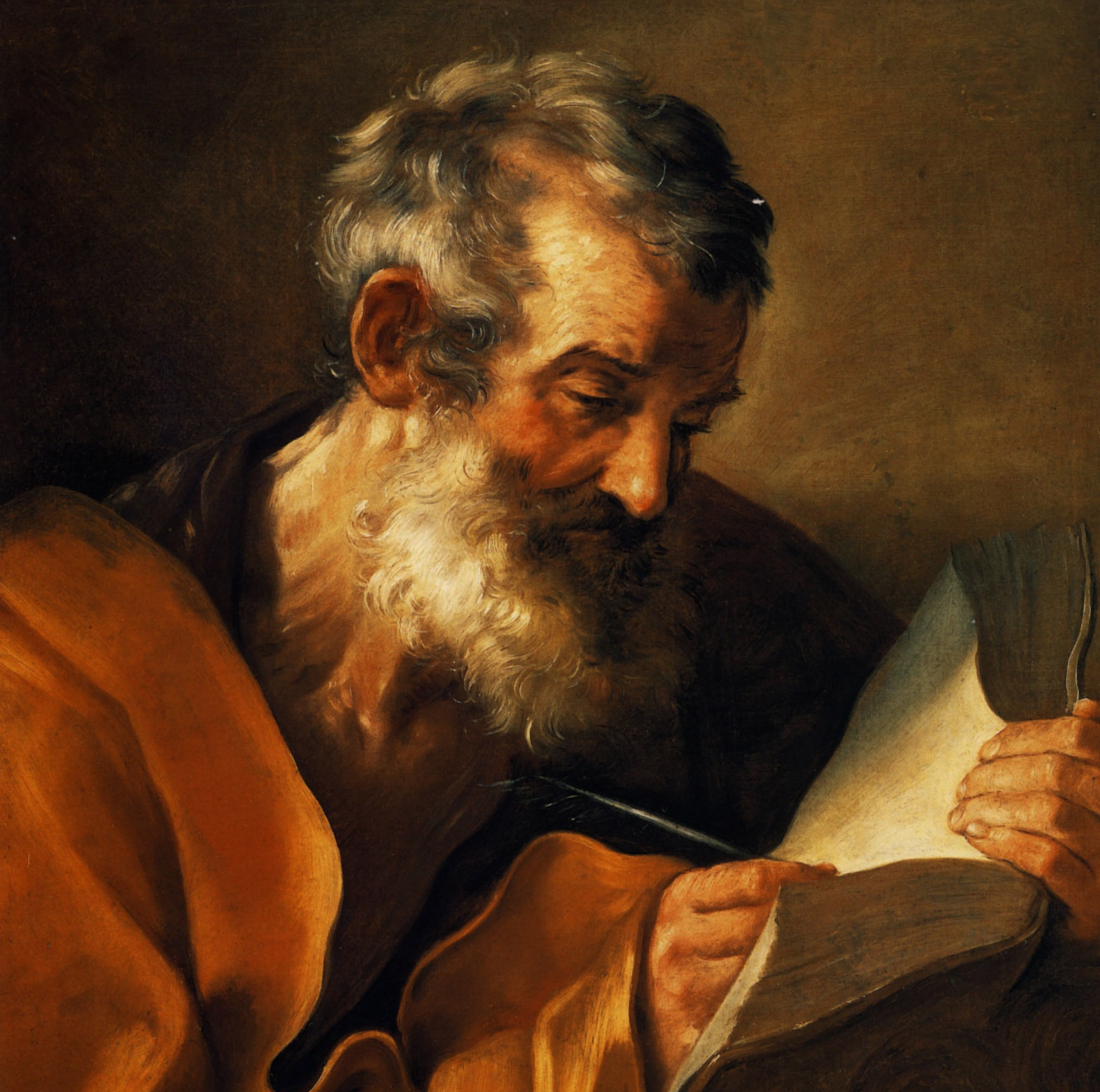The priest José Antonio Valls offers this article about the figure of Saint Stephen, “the 1st bloodshed by Christ.” His feast day is celebrated today, December 26.
***
Immersed in the tenderness of the celebration of the mystery of God made flesh between swaddling clothes for our love, we are surprised by the celebration of Saint Stephen, the first to shed his blood for Christ, although this year we will not celebrate it in the liturgy as it coincides with the feast of the Holy Family. The story of our saint is told to us in the book of Acts, starting in chapter 6. Faced with the accusation by the Hellenistic Christians that the widows of the Hebrew Christians were neglected in the distribution of food, the apostles resolved choose, for this ministry, seven men, “full of the Holy Spirit and wisdom” (Acts 6:3). The list is headed by Stephen, “a man full of faith and the Holy Spirit” (Acts 6:5). By the laying on of hands of the Apostles, they became the first deacons of the Church, to attend to the service of widows.
However, even though Stephen, “full of grace and power, performed great wonders and signs among the people” (Acts 6:8), he soon aroused controversy among the Jews. By arguing with him, without finding arguments with which to confront him, they sow a growing hatred towards Stephen in the people, bribing some men “to say that they had heard him blaspheme against Moses and against God” (Acts 6, 11). Dragged to the Sanhedrin, he is accused of being a blasphemer for speaking against the temple and the Mosaic Law, stating “that Jesus of Nazareth will destroy this Place and change the customs that Moses handed down to us” (Acts 6:14). He responds to the accusations with what is the longest speech in the book of Acts.
In it, he sets out the history of salvation, beginning with Abraham, continuing through Moses and Solomon and ending with Jesus “the Just, the same one who has just been betrayed and murdered by you” (Acts 7:52). After the speech, Stephen has a vision of the Glory of God, seeing Jesus standing at the right hand of God and exclaims “I see heaven open and the Son of man standing at the right hand of God” (Acts 7, 56) . The Jews, upon hearing this, attacked him and stoned him after taking him out of the city. In the torture, Stephen appears before us praying: “Lord Jesus, receive my spirit” (Acts 7:59) and, finally, “Lord, do not hold this sin against them” (Acts 7:60). Witness to his martyrdom was Saul, who would later be the apostle of the Gentiles, to whom those who stoned him entrusted his mantle.
The celebration of his feast day on December 26 dates back to the 4th century. Together with Saint John the Evangelist (December 27) and the holy innocents (December 28) they escort the solemn feast of the birth of the eternal King, being called by tradition “comites Christi”, the companions of Christ.
The celebration of this holy martyr, the firstly, just the day after the Nativity of the Lord might seem a little out of place. However, it makes us deepen in a special way into the celebration of the birth of the Messiah. This child, who was born yesterday amidst tenderness and who makes joy reborn among us every year, carries upon him the unmistakable sign of the cross, which reminds us of Saint Stephen’s martyrdom. If we parallel the “passio” of Saint Stephen with the Passion of the Lord, we notice obvious similarities: the accusation of blasphemy, the forgiveness of his executioners… making us see that not only this child who is born at this Christmas time has come to die for our love, but whoever follows him must follow him sharing his same life and his same death, as the first of the martyrs did.
It is what Saint Ignatius put on the lips of Christ our Lord in point 95 of his Exercises: “Therefore, whoever wants to come with me must work with me, because by following me in pain, he will also follow me in glory.” The courage of Saint Stephen is, for all of us who prostrate ourselves at the feet of God made a child, a profound call to allow ourselves to be caught by the tenderness of Christ wherever he takes us, from the manger to the cross, to live a deeply full life, “like Jesus.” Let us ask the holy protomartyr to help us follow the Lord and worship him with deep humility. Blessed are you, Stephen, who, by proclaiming your love for Christ on earth, went to accompany Him in heaven. Make us many, many, who with our words and good works declare ourselves friends and followers of Jesus in this life and be his companions in the eternal joy of Paradise. Amen.










